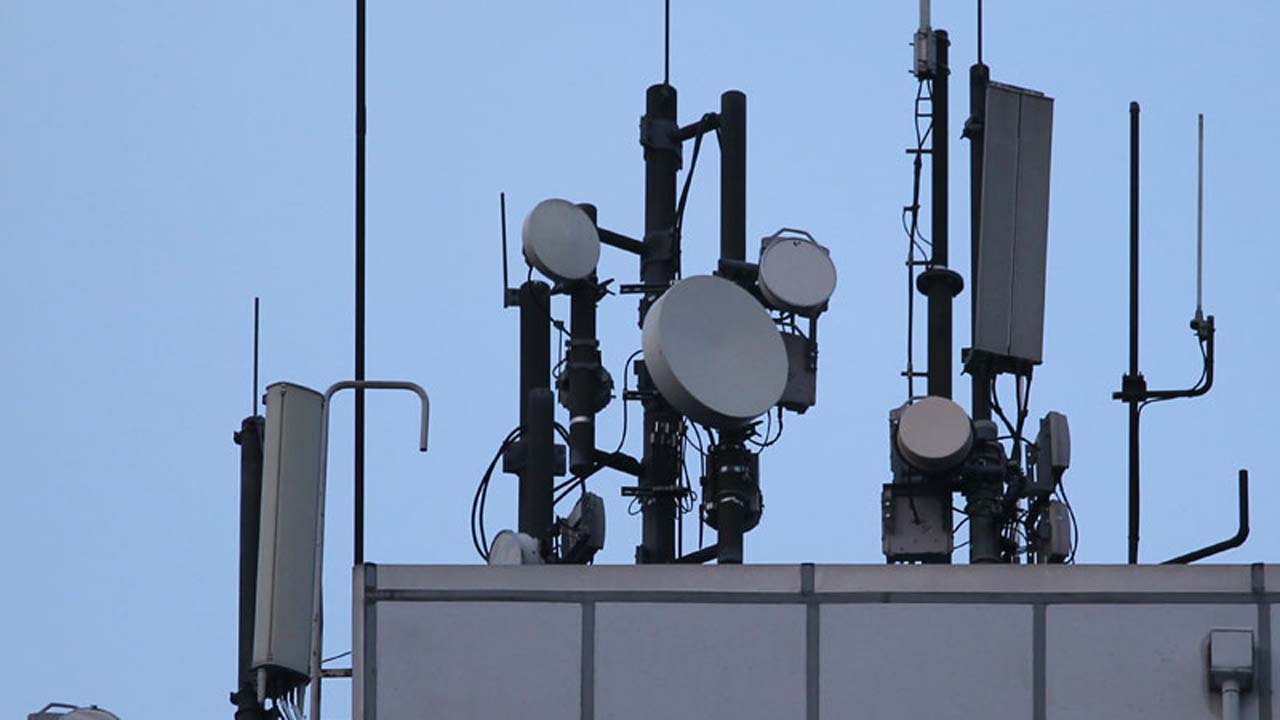
•Hotspot partners Husk Power on solar microgrids in rural areas
Amidst energy crises currently ravaging almost the entire fabric of the economy, there appears to be some form of relief for telecoms operators expanding to rural areas.
Precisely, Hotspot Network Ltd. (HNL), a telecoms service provider, and Husk Power Systems, have inked a deal in Nigeria to transition mobile towers from diesel generators to solar power, and to bundle electricity and connectivity solutions for off-grid communities.
Earlier in July, The Guardian had reported how telcos, towercos spent about N141.5 billion to power their towers in the first five months of the year on diesel, which was six times the amount mobile network operators (MNOs) spent on diesel in 2021.
This was even as the operators under the aegis of the Association of Licensed Telecoms Operators of Nigeria (ALTON) said the cost of diesel, which is required to power network towers, base stations, and offices, rose from N225 per litre in January 2022 to over N750 per litre in March 2022.
In cushioning some of these effects, Hotspot and Husk said they have already converted nearly 20 of Hotspot’s mobile towers from diesel to solar, and expect to complete at least 100 projects by the middle of 2023.
The two firms noted that Nigeria’s estimated 25,000 telecoms towers and their base transceiver stations (BTS) use 1.25 million litres of diesel daily. Per tower, that is equivalent to 50 tonnes of avoidable CO2 emissions yearly if converted to solar.
By working with Husk Power, Hotspot said it was able to go zero-carbon from design to installation, reducing both capital and operational costs, accelerating their energy transition and avoiding risks from global diesel price volatility. Hotspot can now guarantee 100 per cent clean energy service to mobile and data customers on a 24/7 basis.
In addition, the two companies said they have started to collaborate in introducing cost-effective energy and digital communications services to off-grid communities.
They informed that already two communities where Husk was operating solar microgrids have also accessed mobile coverage for the first time through Hotspot, stressing that the previous lack of coverage meant an inability for local businesses and households to take advantage of mobile payment and other digital services.
Husk Nigeria Country Director, Olu Aruike, said: “By partnering with commercial and industrial businesses, we can speed up Nigeria’s C&I energy transition, and also open up more low carbon, modern services to drive economic opportunities where they didn’t previously exist.
“For Husk, reliable network coverage also enables us to better serve our customers, which is our ultimate mission.”
To the Founder and Chief Executive of Hotspot Network Ltd, Morenikeji Aniye: “We believe firmly that the key to unlocking sustained global economic growth is through digital inclusion of the rural communities; providing them with access to the needed tools, funding and the markets to distribute their various commodities and trade. This partnership enables us to deliver on our mission to digitise the unserved and underserved communities more efficiently and sustainably, whilst taking care of our planet.”



